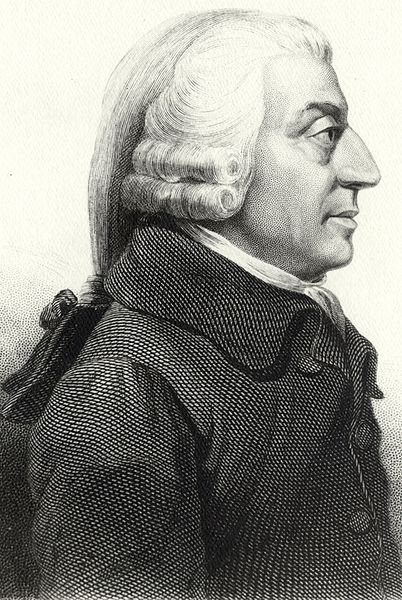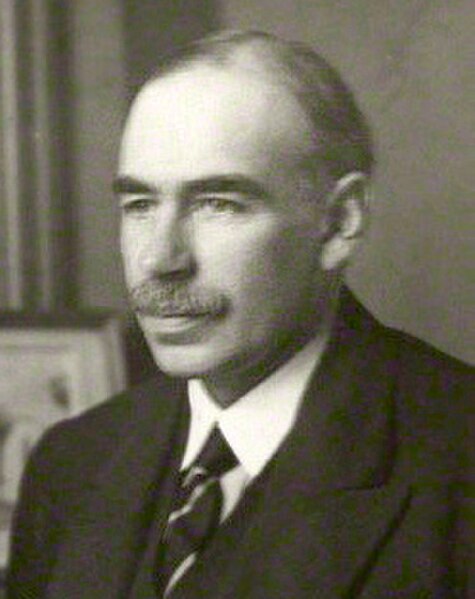In economics, and in other social sciences, preference refers to an order by which an agent, while in search of an "optimal choice", ranks alternatives based on their respective utility. Preferences are evaluations that concern matters of value, in relation to practical reasoning. Individual preferences are determined by taste, need, ..., as opposed to price, availability or personal income. Classical economics assumes that people act in their best (rational) interest. In this context, rationality would dictate that, when given a choice, an individual will select an option that maximizes their self-interest. But preferences are not always transitive, both because real humans are far from always being rational and because in some situations preferences can form cycles, in which case there exists no well-defined optimal choice. An example of this is Efron dice.
A simple example of non-satiated preference, in which a large number of oranges are preferred to a single orange.
Economics is a social science that studies the production, distribution, and consumption of goods and services.
A 1638 painting of a French seaport during the heyday of mercantilism
The publication of Adam Smith's The Wealth of Nations in 1776 is considered to be the first formalisation of economic thought.
The Marxist critique of political economy comes from the work of German philosopher Karl Marx.
John Maynard Keynes was a key theorist in economics.





